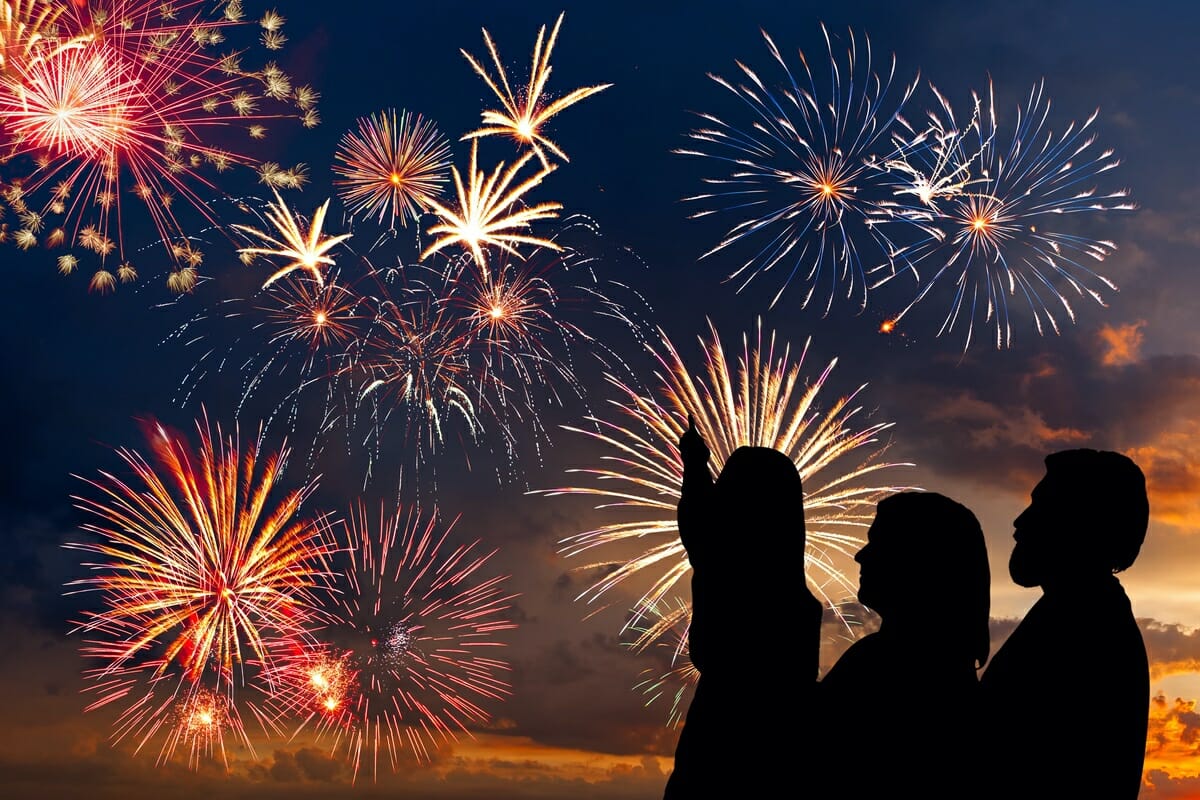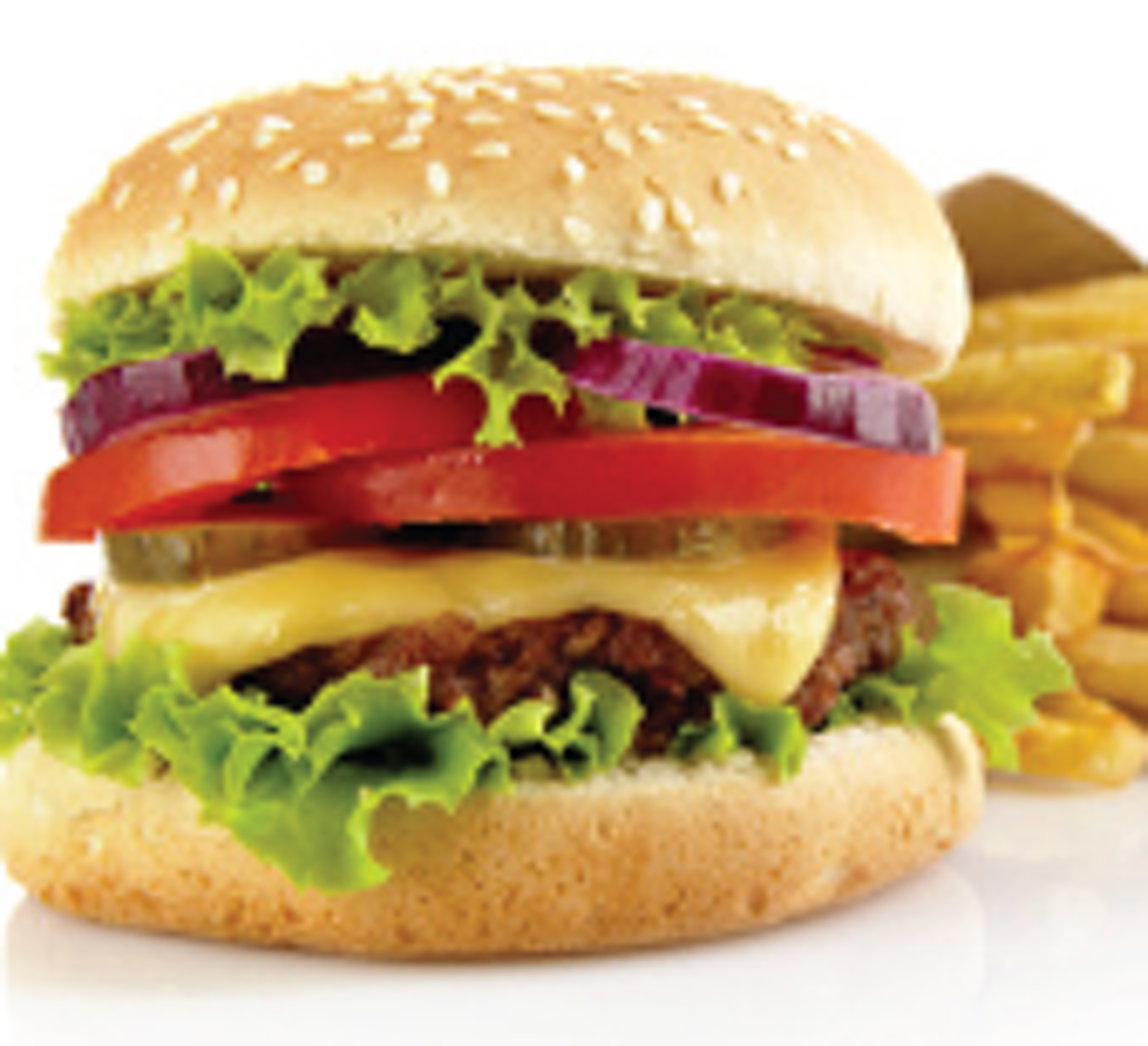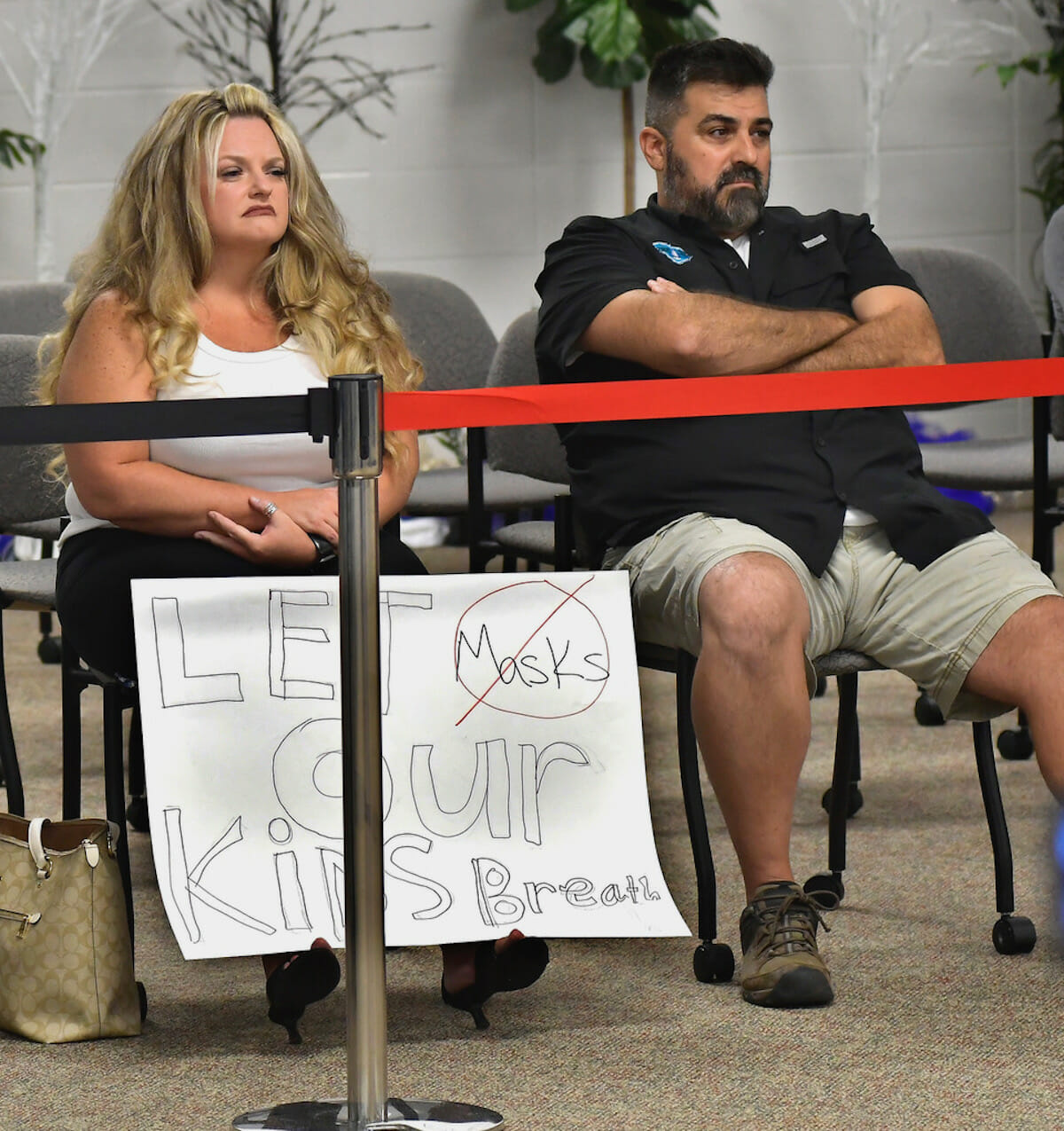Leave Fireworks to the Professionals, Avoid Large Crowds
With the Fourth of July approaching and communities across the country still battling COVID-19, the American College of Emergency Physicians (ACEP) urges everyone to stay safe and take precautions with large gatherings and firework celebrations, but not to hesitate to go to the ER if you have an emergency.
There are more than 9,000 firework-related emergencies annually and more than a third (36 percent) of those involve children under the age of 15. It’s no surprise that about two-thirds of firework injuries happen around this time of year, according to the Consumer Product Safety Commission.
“Each year, emergency physicians see an influx of people coming into the ER with avoidable fireworks injuries,” said William Jaquis, MD, FACEP, president of the American College of Emergency Physicians (ACEP). “When it comes to using fireworks to cap off your Independence Celebration, it’s best to leave it to the professionals.”
If you are using your own fireworks, ACEP encourages you to follow these firework safety tips to limit your risk of serious burn or injury:
Make sure you buy fireworks, sparklers or other flammable items from reputable, legal sellers.
Keep a fire extinguisher and large bucket of water or hose nearby.
Light one at a time and keep everything flammable away from children. This includes sparklers, which can burn hot enough to melt metal and cause serious burns or injuries.
Never try to re-light or handle fireworks that malfunction or don’t go off.
Do not ignite fireworks in containers, that could create dangerous shrapnel.
Avoid horseplay with or near fireworks, torches, candles or any flammable items; don’t point fireworks at people or launch them toward anyone.
When lighting a firework do not stand directly over it. Back up immediately after it is lit.
After use, spray fireworks with water until soaked. Placing dry fireworks in a trash can creates a fire hazard.
The ongoing pandemic adds another layer of concern to this year’s celebrations. Given that the Centers for Disease Control and Prevention (CDC) still urges people to social distance with six feet or more between people, it’s prudent to choose outdoor activities with small groups rather than indoor gatherings with larger crowds. You may want to rethink typical summer activities like potlucks and cookouts to limit the number of people handling or serving food. You should also continue to wear a mask when in public space, and wash your hands frequently throughout the day.
“The pandemic continues to create a ‘new normal’ for all of us,” said Dr. Jaquis. “Your Fourth of July festivities might look a little different this year, but we can’t ignore the very real threat that the virus still poses.”
Whether you are concerned you have COVID-19 or are having another medical emergency, emergency physicians stand ready—any day, any time—to provide emergency care and treatment when you need it.
The American College of Emergency Physicians (ACEP) is the national medical society representing emergency medicine. Through continuing education, research, public education and advocacy, ACEP advances emergency care on behalf of its 39,000 emergency physician members, and the more than 150 million Americans they treat on an annual basis.
For more information, visit www.acep.org and www.emergencyphysicians.org
Exclusive content from CARE Magazine





